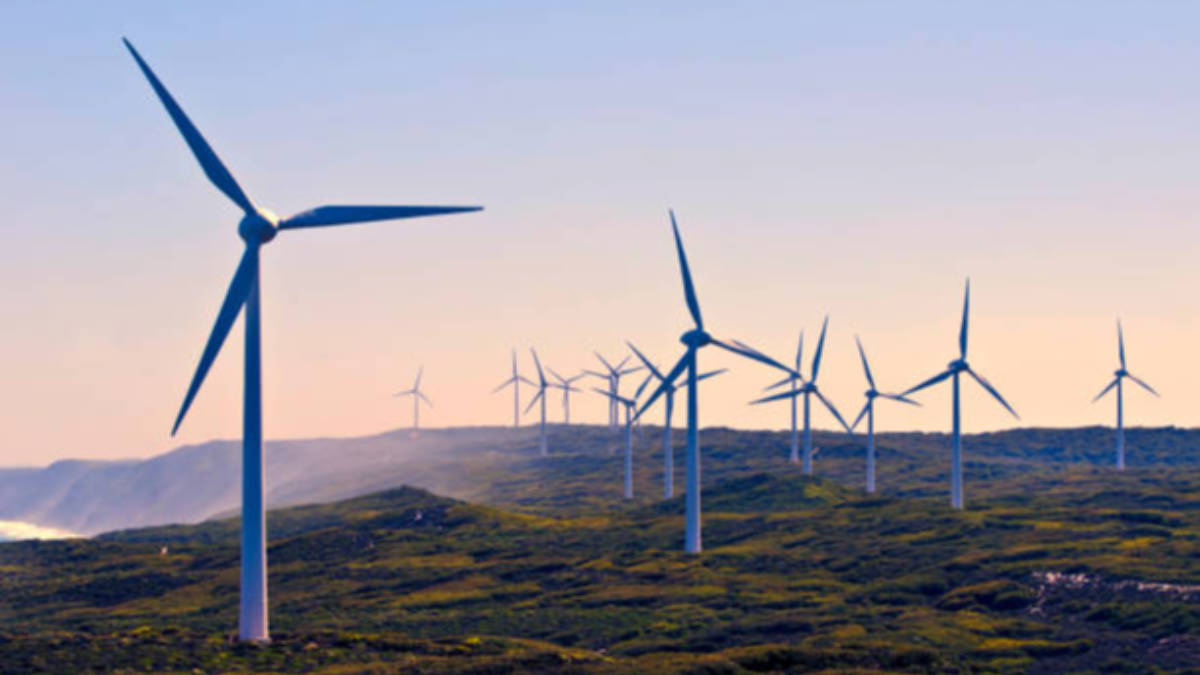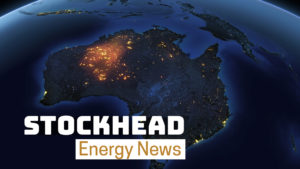ASX Green Energy Stocks: Aussie investment in renewable energy projects continues to lag

Wind turbines on a wind farm, Albany, Western Australia. Pic: Imagevixen via Getty Images
A new survey by the Clean Energy Investment Group (CEIG) has highlighted investors remain “concerned” that the pace of regulatory and policy reform is not facilitating the level of investment needed to realise the ‘Step Change’ scenario in the Integrated System Plan (ISP) published by the Australian Energy Market Operator (AEMO) in December last year.
CEIG members completed an online survey between January 26 and February 2, providing an indication of investor sentiment and analysis around key issues.
The ISP proposes a 30-year ‘optimal development path’ for electricity investment in the National Electricity Market (NEM), which sees it operating without coal generation by 2043.
This requires a substantial increase in battery and pumped-hydro storage, and hydrogen or gas-fired generation for peak demand, all complemented by a market that incentivises energy users to adjust demand based on system conditions.
Most investors surveyed reported that the direction of reform in the NEM has stayed the same or improved and some reported it has deteriorated.
While COP26 in Glasgow and the draft ISP have improved long-term planning, investors remain concerned about slow market reform, indicating that the volume of projects reaching financial close is insufficient to deliver the ideal Step Change scenario.
New clean energy transactions remained low, with only three transactions reported in the latest quarter, one for 50MW and two others unspecified.
Aussie investment in renewable energy projects continues to lag
CEIG CEO Simon Corbell said the bottom line is investment in renewable energy projects in Australia continues to fall behind.
“Unless we accelerate development of clean energy generation and the necessary transmission infrastructure, the continued early closure of coal could result in a disorderly and expensive transition,” he said.
“The Australian Energy Market Operator’s (AEMO) draft 2022 ISP shows that the energy transition is proceeding faster than predicted.
“It makes a ‘Step Change’ scenario the central assumption for the future planning of the National Electricity Market (NEM) and investors have welcomed this decision.
ANZ Bank invests $50 million partnership with green investment firm Pollination
ANZ Banking Group (ASX:ANZ) has announced it will invest US$50 million for a minority stake in climate change advisory firm, Pollination, to deliver innovative solutions for customers and drive the transition to net zero.
Focusing on the transition needs of ANZ’s customers globally in the areas of sustainable finance, project and export finance, carbon markets, corporate advisory, and mergers and acquisitions, ANZ’s investment will accelerate Pollination’s growth ambitions and extend the firm’s reach and impact.
The move follows Pollination’s recent SAFE round and is part of its Series B fundraise.
As part of the transaction, ANZ will gain a seat on Pollination’s board.
Next generation of sustainable finance products
Co-founding Partner Pollination Martijn Wilder said: “Strategic partnerships are core to Pollination’s impact model – they extend our reach and scale far beyond what we could achieve alone,” he said.
“ANZ has a strong track record of delivering innovative sustainable finance products.
“With a presence in 14 markets across Asia, it has exceptional reach where investment in decarbonisation and nature is both critically important and a huge opportunity.
“This investment unlocks capital to accelerate Pollination’s own investment strategies, and the strategic partnership will deliver the next generation of sustainable finance products, at significant scale throughout Asia Pacific.”
Pollination launched in 2019 and works with corporate, government and financial institution clients to design, implement and finance their transitions to net zero and nature positive business models.
Carnegie signs European Wave Energy Contract
Carnegie Clean Energy (ASX:CCE), through its wholly owned subsidiary CETO Wave Energy, has entered a contract under the EuropeWave Pre-Commercial Procurement (PCP) program, where it was selected as one of seven contractors to deliver design and tank testing in Spain of the Biscay Marine Energy Platform (BiMEP) in the Basque Country.
The program is looking to advance wave energy converter systems to a point from which they can be developed for commercial exploitation through other national and regional programs or private investment.
CETO Wave Energy, based in Ireland, was selected alongside six other companies after meeting rigorous selection criteria including the performance, survivability, availability, and affordability characteristics of the proposed systems.
The company will be paid €291k ($463k) to deliver required phase-1 activities including undertaking tank testing and delivering a CETO concept design for deployment at the open-water facilities of the Biscay Marine Energy Platform (BiMEP) in the Basque Country and the European Marine Energy Centre (EMEC) in Scotland once phase 3 rolls around.
Phase 1 kicked off January 3, 2022 and will run for seven months.
Related Topics
UNLOCK INSIGHTS
Discover the untold stories of emerging ASX stocks.
Daily news and expert analysis, it's free to subscribe.
By proceeding, you confirm you understand that we handle personal information in accordance with our Privacy Policy.








